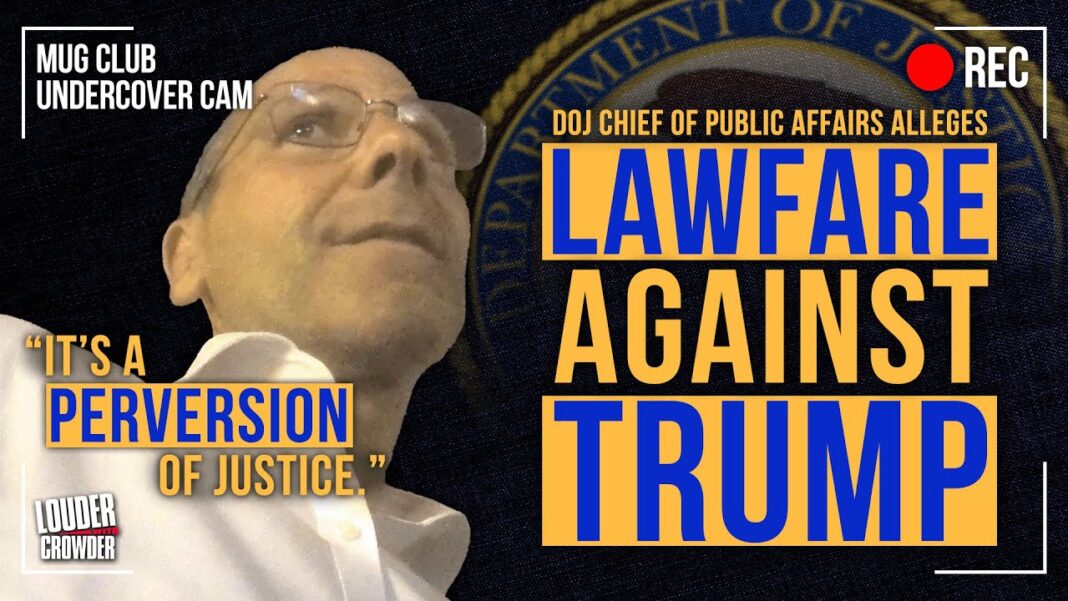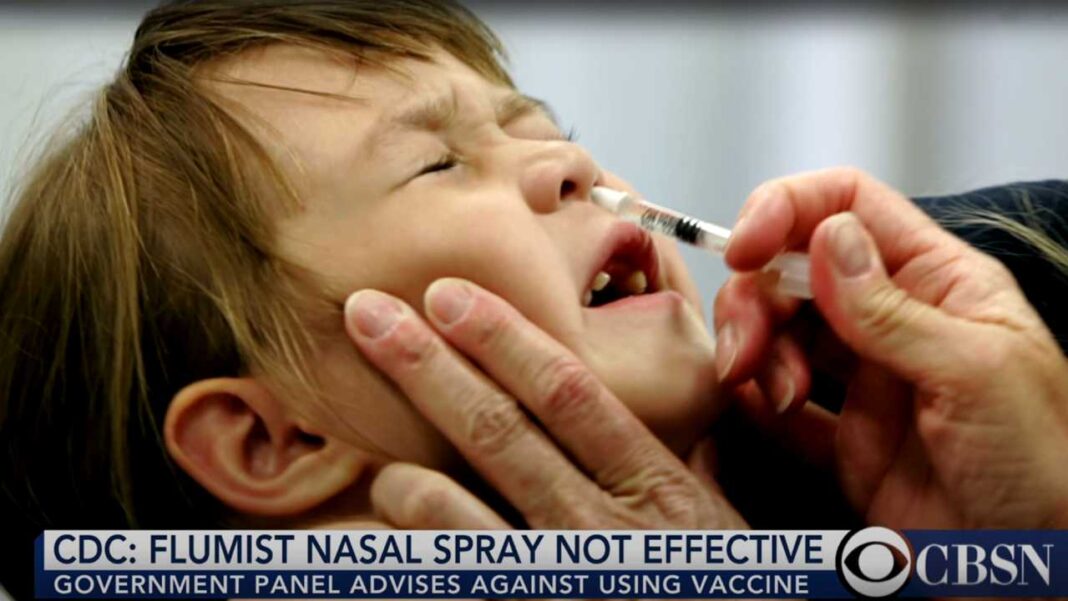Fifty-nine percent of 16- to 25-year-olds said they were ’very or extremely worried’ about climate change in one global study of 10,000 people.
Sadness, depression, fear, and a deep sense of betrayal, coupled with the feeling that humanity is doomed, are some of the emotions affecting a growing number of people, particularly children and young adults around the world.
What’s driving these feelings isn’t war, worldwide unrest, politics, or escalating crime. Instead, it’s something called “eco-anxiety,” which Yale defines as fear about climate change and humanity’s existence.
“Scientists and mental health clinicians are in agreement that eco-anxiety will continue to rise and will become one of the biggest sources of mental health distress within the next year,” Melissa Porrey, a counselor who specializes in treating eco-anxiety, told The Epoch Times.
“Although symptoms of eco-anxiety can present similarly to other types of anxiety, including general anxiety, eco-anxiety is often rooted in feelings of helplessness and/or hopelessness about the changing climate and our role in it.”
As to what’s driving the increase in cases, Porrey pointed to more natural disasters, and news coverage about “what we are and aren’t doing to address global warming.”
Tom Nelson, a member of the CO2 Coalition and producer of the documentary “Climate: The Movie,” agreed that increased media coverage has likely fueled eco-anxiety cases, but said the hype around climate change goes beyond what can be backed up by science.
He said the late Stanford climate scientist Steven Schneider “said the quiet part out loud” in 1989.
Climate scientists, Schneider said, are ethically obliged to “tell the truth, the whole truth, and nothing but, ‘including’ all the doubts, the caveats, the ifs, ands, and buts.”
Simultaneously, he said, climate scientists also want “to reduce the risk of potentially disastrous climatic change,” which takes broad-based support.
“That, of course, entails getting loads of media coverage. So we have to offer up scary scenarios, make simplified, dramatic statements, and make little mention of any doubts we might have,” Schneider said.
“That dynamic is absolutely still happening today,” Nelson said.
“It’s 100 percent true that we’re seeing the purposeful increase of anxiety in youth and young adults to bring about demands for climate change action.”
By Katie Spen
Read Full Article on TheEpochTimes.com






